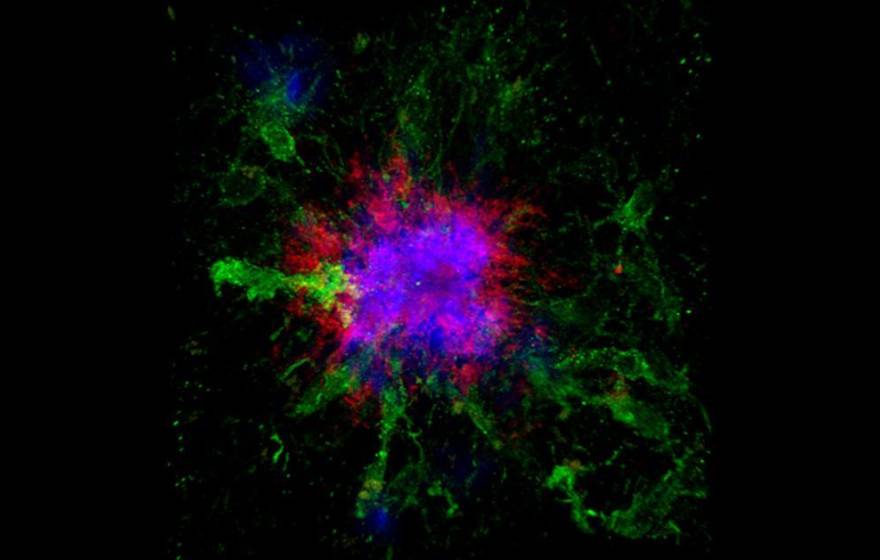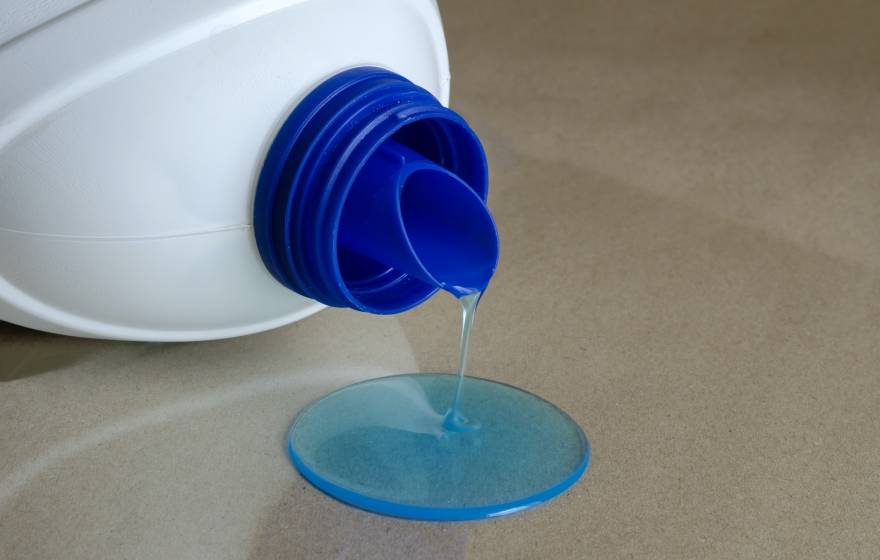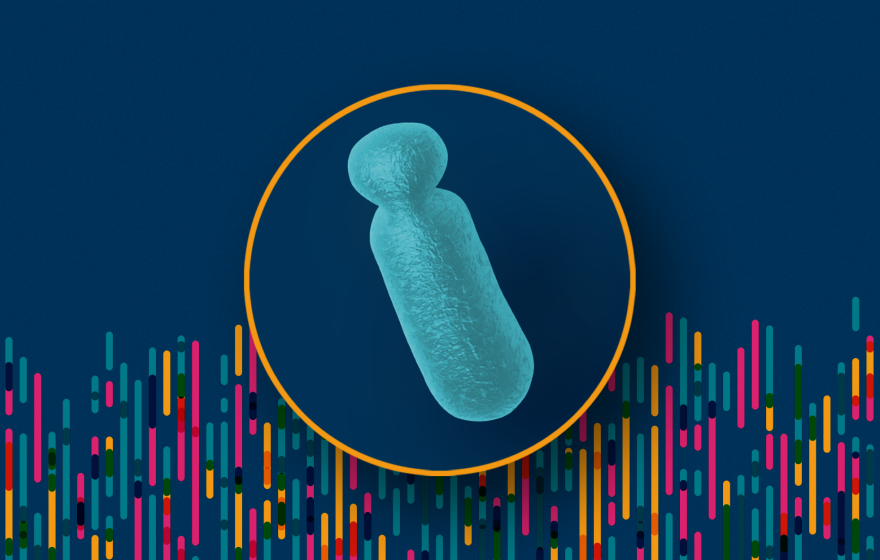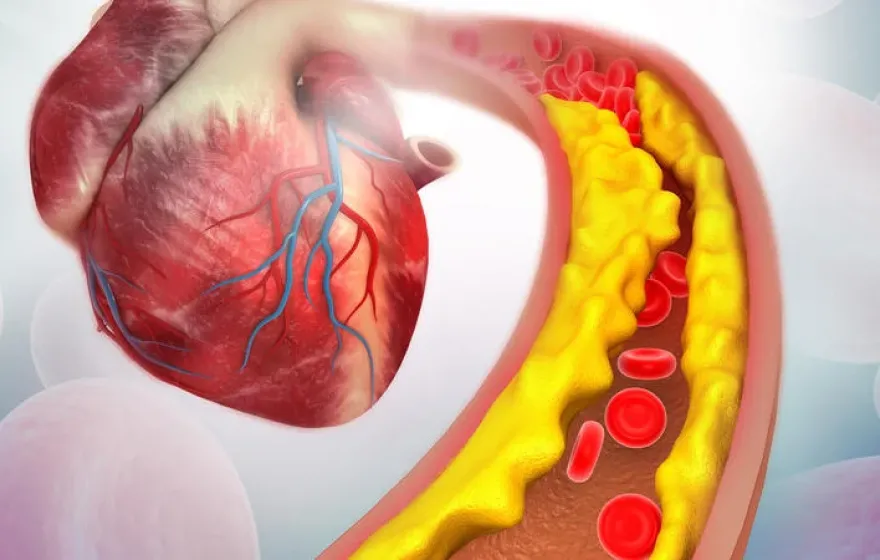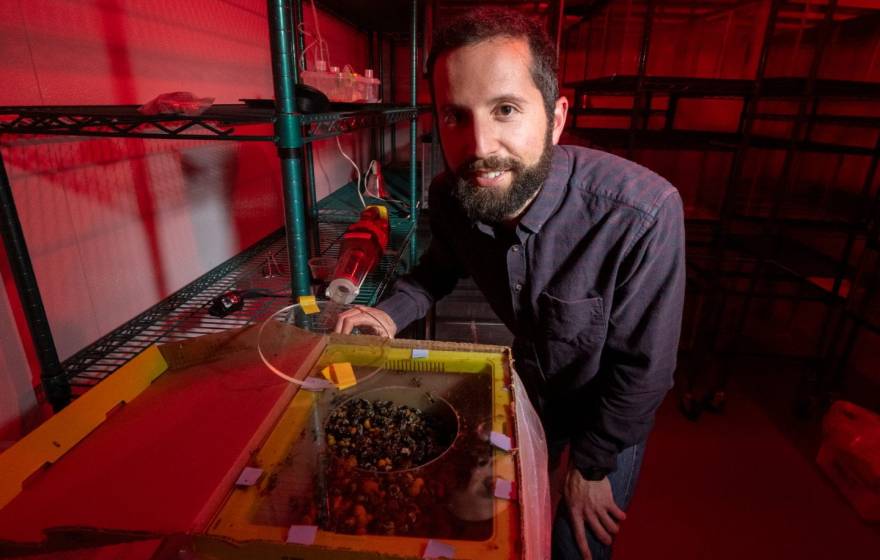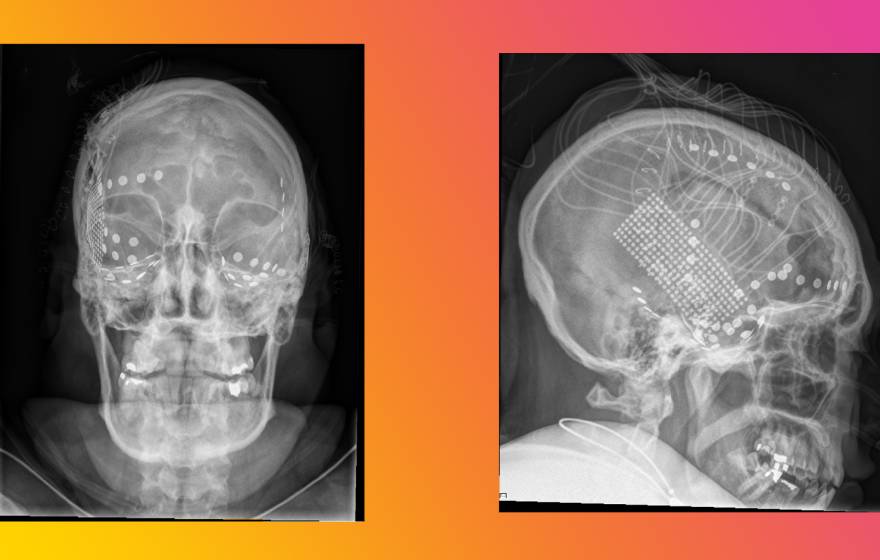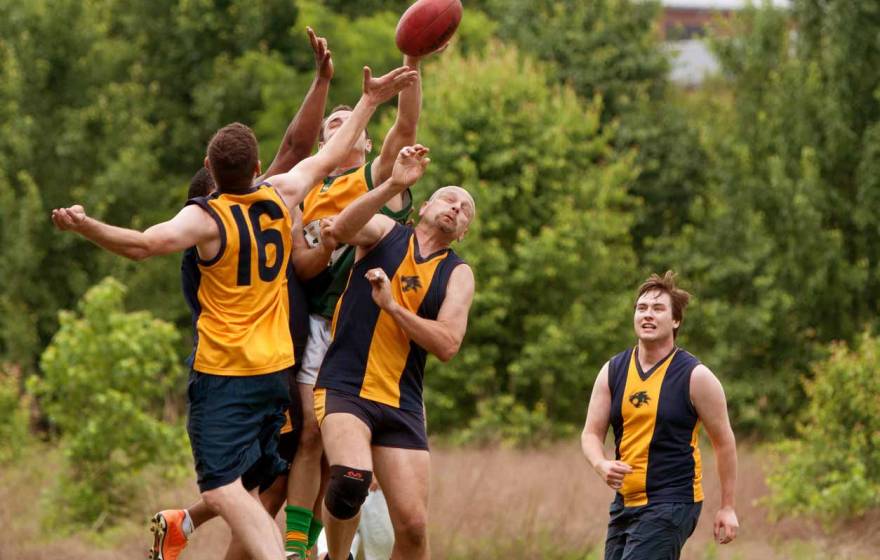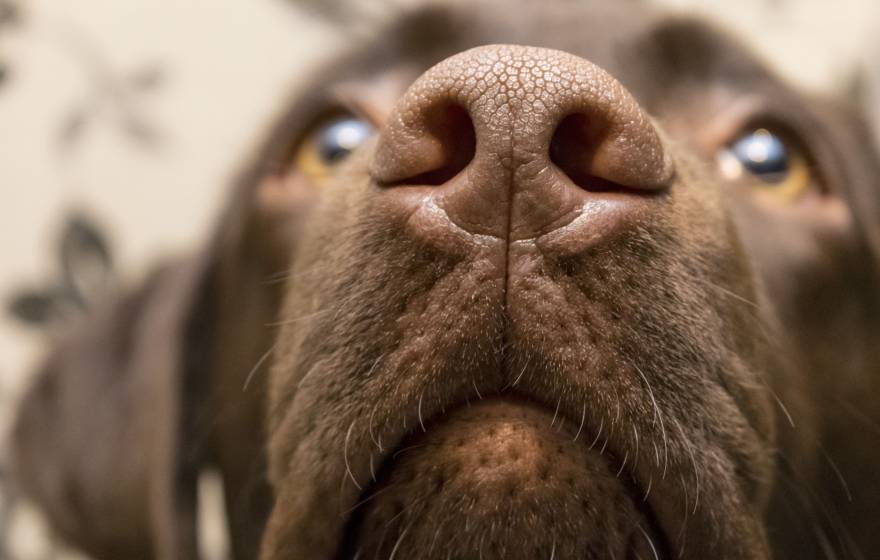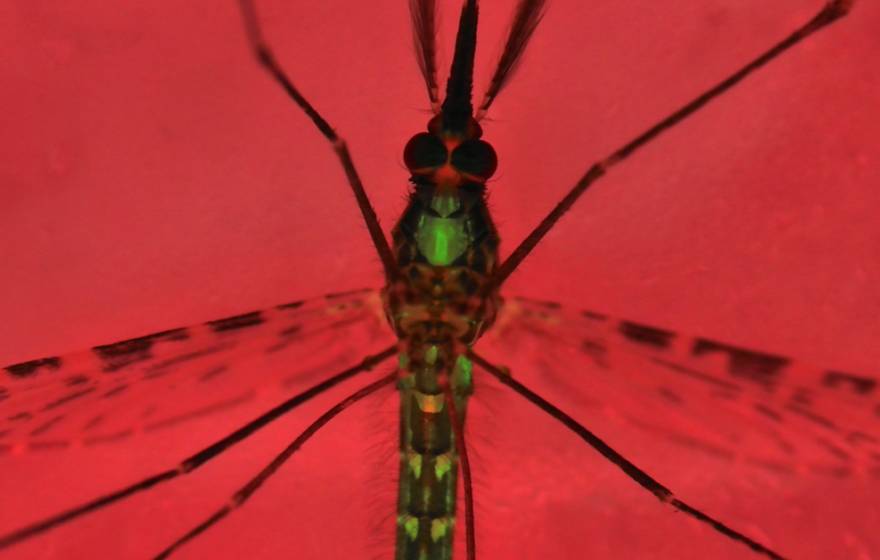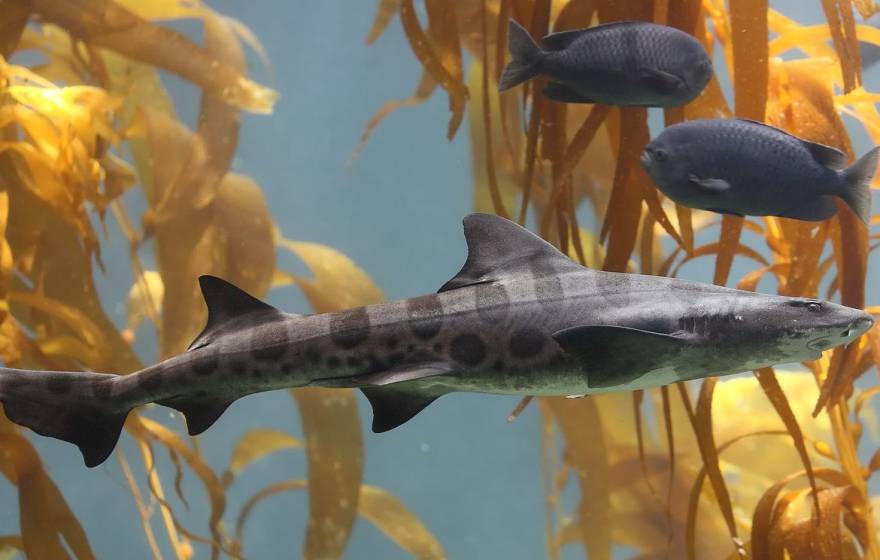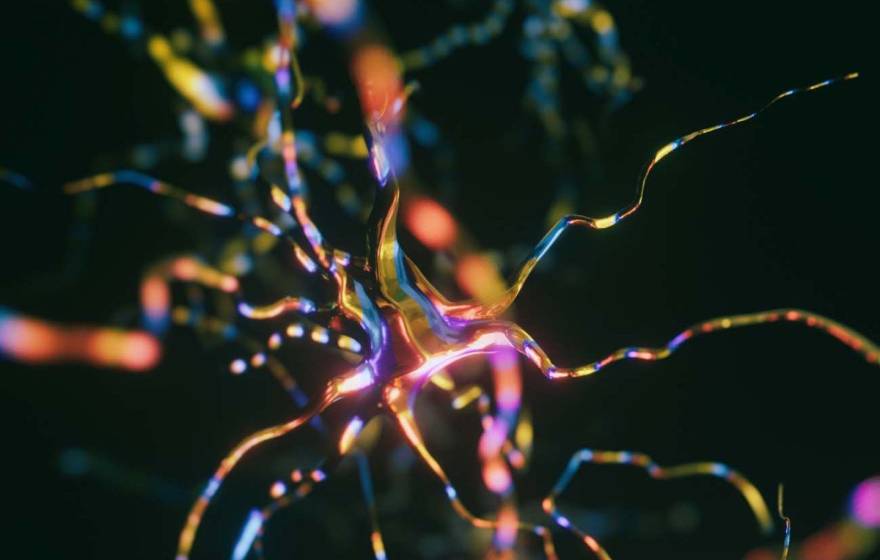UC San Diego |
Intermittent fasting improves Alzheimer’s pathology
Mice on a time-restricted feeding schedule had better memory and less accumulation of amyloid proteins in the brain compared to controls.
UC Santa Barbara |
Our plastic waste can be used as raw material for detergents
Thanks to an improved catalytic method, your empty laundry detergent bottle can now be turned into more detergent.
UC Santa Cruz |
Scientists release the first complete sequence of a human Y chromosome
Until now, it had been notoriously challenging for the genomics community to sequence due to the complexity of its structure.
UC Riverside |
Could exposure to chemicals in plastics predispose you and your children to cardiovascular disease?
A $6.8M NIEHS grant will support research on how exposure to such chemicals increases atherosclerosis.
UC Irvine |
The secret life of bumblebees
UC Irvine scientist uncovers surprising facts about the fuzzy insects
UCLA |
Planetary defense test deflected an asteroid but unleashed a boulder swarm
UCLA-led study of NASA’s DART mission determines that the strategy presents previously unanticipated risks
UC Berkeley |
Brain recordings capture musicality of speech — with help from Pink Floyd
Neuroscientists decode song from brain recordings, revealing areas dealing with rhythm and vocals
UC San Francisco |
New concussion headset shows when it’s safe to return to play
UC San Francisco-patented device finds resuming sports should be delayed for several days after symptoms have resolved.
UC Santa Barbara |
Dogs can detect COVID-19 infections faster and more accurately than conventional technology
Research demonstrates readiness for mainstream medical applications
UC San Diego |
New genetic technology developed to halt malaria-spreading mosquitoes
The first-of-its-kind African mosquito suppression system would reduce child mortality and aid economic development.
UCLA |
What’s living beneath the waves in Southern California?
A UCLA study using environmental DNA provides the most comprehensive picture to date of wildlife in region’s surf zones.
UC San Francisco |
Has science cracked the code on chronic pain?
In a first, UCSF researchers have identified chronic pain states in individuals directly from their neural activity.
